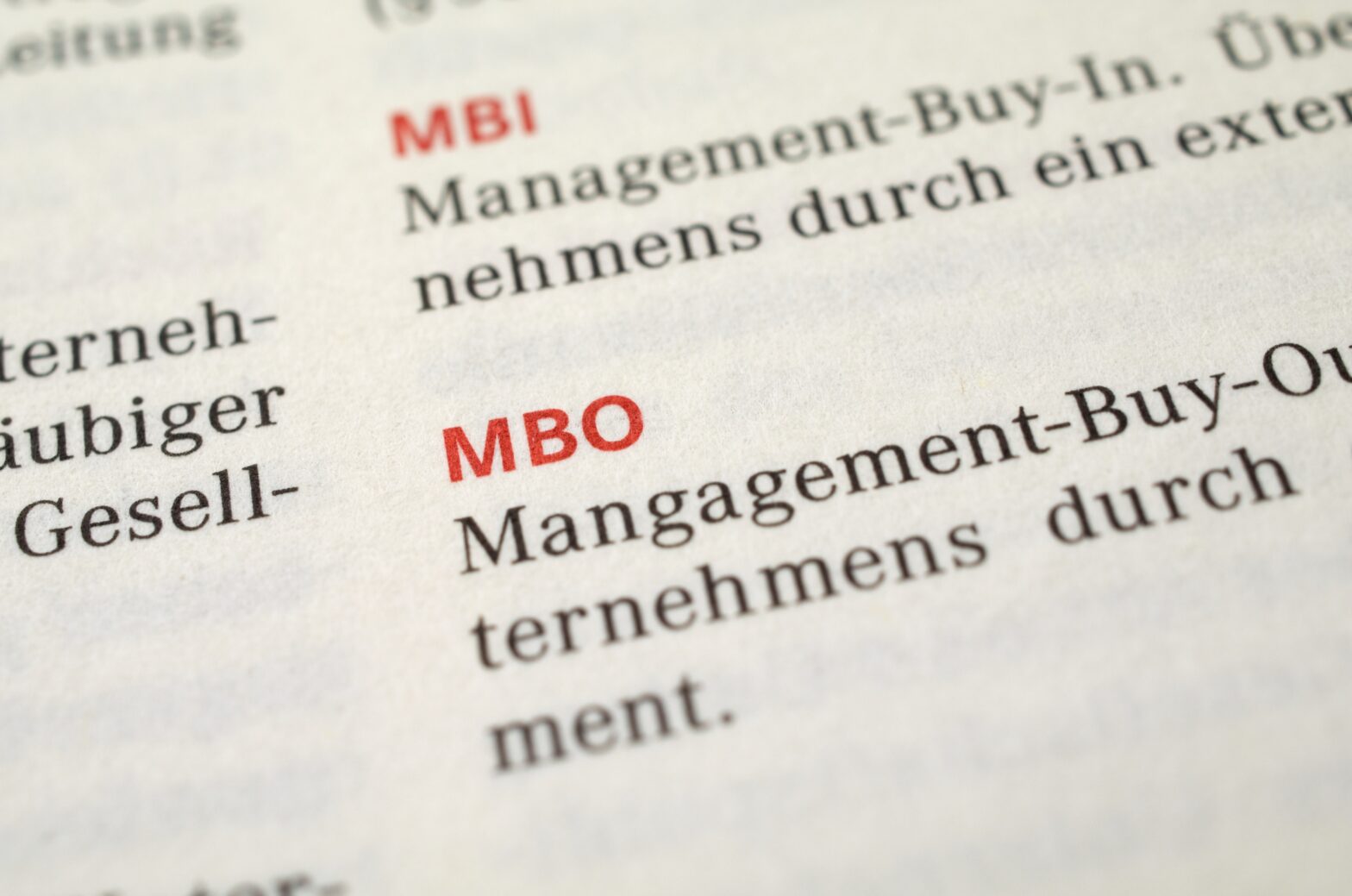The new Prime Minister, Theresa May, is talking tough! She wants to tackle “corporate irresponsibility” and “prevent irresponsible and reckless behaviour”.
While this rhetoric may appear targeted at big business, it is also relevant to SMEs.
But before any reforms come in that may give shareholders and workers additional rights, anyone about to embark on a merger or acquisition should be thinking about key management and control issues: how well do you know your incoming partner, will there be a responsible board post deal, how will responsible behaviours and culture be embedded and what can you do as part of the deal to ensure a successful merger or acquisition?
It’s a deal!
So the numbers stack up, the future prospects of the merged business looks amazing, the synergies are obvious, it’s full steam ahead, right?
Take a step back as it’s easy to get carried away with the vision of the upside without thinking about who will run the new business, who will be on the board, who will make key decisions?
Can you manage and control your post deal business?
The conventional approach to management and control is to think about shares and votes but that can be a relatively crude measure.
It is true that simple voting rights do give a level of control over key decisions, but day to day control of a company is exercised by its board.
The law has safeguards and protections to discourage rogue behaviours. For example, directors have fiduciary duties that they owe to shareholders and s172 of the Companies Act 2006 sets out matters directors must have regard to when making business decisions. But these shouldn’t be relied on solely.
Shareholders’ agreement is key
I would always advise shareholders and companies not to rely on strict voting rights but to ensure that parties commercially discuss and agree, and then document in a shareholders agreement, how to manage and operate a company before they complete a transaction as this ensures everyone shares the same vision, culture and behaviours.
Having these conversations early will flush out cultural fit and differences in approach and may identify irresponsible corporate behaviour early.
I recommend parties consider the following protections within any agreement:
- Veto rights: restrict what can be passed without you agreeing to it (this can be either at or a board or shareholder level)
- Board representation: ensure you will always have the right appoint a director which allows your voice to be heard and vote to be counted.
- Deadlock: provide for a mechanism such that if views are locked the parties can part company. This can work both ways and without clear drafting you might be the party being bought out!
- Mandatory director rotation/election: give shareholders right to vote out or appoint new directors periodically
- Non-executive director: appoint an independent director to oversee governance and act as an honest broker.
- Information rights: give non directors relevant company financial information.
Conclusion
When considering a merger or an acquisition do not only focus only on the numbers but on how you can and will deliver those numbers.
With the new PM looking to strengthen corporate responsibility, it is worth remembering that studies continue to suggest that good governance usually results in good investment returns, so keeping your board in check and ensuring shareholders values are aligned is not just keeping you on the right side of the law, but will probably enhance your chances of success and growth.
Bryan Shaw is a solicitor in the corporate department of PwC Legal specialising in M&A. Stuart Hatcher is a partner in the corporate department of PwC Legal.






